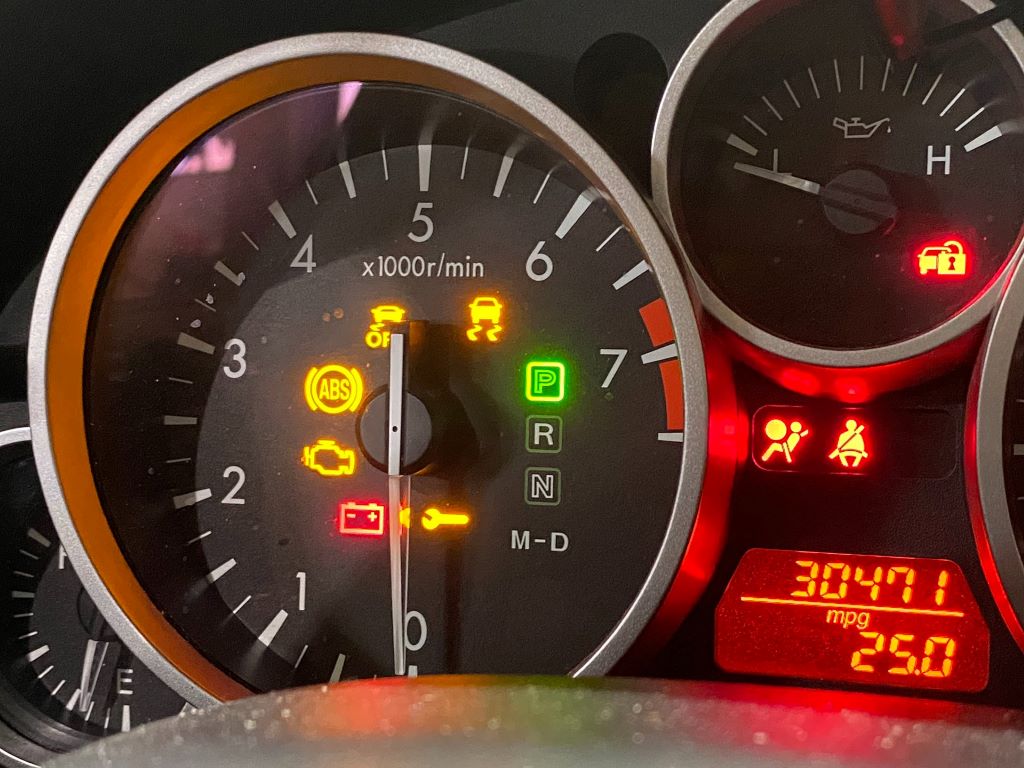Before beginning the car buying process, assessing your transportation needs is essential. This involves understanding how you will use the car daily and identifying the specific features necessary for your lifestyle. For example, you might need a spacious vehicle with ample seating and cargo space if you have a large family. Conversely, fuel efficiency will be crucial if you frequently commute long distances. Considering these needs will help narrow down your options and ultimately guide you to make a more informed decision. If you are in the market for a new car, consider visiting Central Florida Dodge dealers to explore a variety of vehicles that can cater to different lifestyle demands.
Budget Wisely: Consider All Costs
A crucial first step in selecting an automobile is establishing a reasonable budget. Many potential car buyers focus solely on the sticker price, but several other financial aspects must be considered. These include insurance, maintenance, fuel, registration, and possible loan interest. Overlooking these additional costs can result in severe financial strain down the line. For example, car dealerships in Lakeland, FL, provide competitive pricing; it’s essential to factor in the entire cost of ownership over several years. To ensure you are well-prepared, you can thoroughly understand these charges by using internet resources or speaking with a financial expert.
Research and Compare
Researching and comparing different car models can lead to substantial savings. Start by reading expert reviews and consumer feedback to get an unbiased view of each vehicle. Expert opinions can shed light on long-term performance and potential issues that may take time to be evident. Additionally, consider test-driving multiple vehicles to get a feel for their performance and comfort. This firsthand experience is invaluable, as it complements the online research and gives a holistic view of the car. Take your time with this phase; thorough research can prevent buyer’s remorse and ensure you make the best choice. Comparing different options carefully can also help you negotiate better deals.
Understand Financing Options
Financing can significantly impact your overall spending on a car. While it might be tempting to opt for dealership financing for convenience, exploring alternative options is often worthwhile. Banks and credit unions can provide lower interest rates throughout the loan, saving you money. It’s essential to shop around and compare these rates. Resources like Bankrate can help you compare the rates and terms available from different lenders. Before signing any financial deal, carefully read the fine print and comprehend the terms. Comprehensive knowledge of financing options enables better negotiation and more innovative financial planning. Evaluating various financing plans can help you determine the most cost-effective route, ensuring monthly payments stay manageable.
Maximizing Trade-In Value
Trading in your old car can considerably lower the cost of a new car. To maximize your trade-in value, ensure your vehicle is in good condition, which may involve minor repairs or cosmetic cleanups. Use online tools to estimate your trade-in value and compare dealerships for the best offer. Negotiation skills are crucial, as cars with minor improvements often fetch higher trade-in values. Effective negotiation can amplify the trade-in benefits, making your new car more affordable.
Timing Your Purchase
Buying a car can significantly impact costs because reductions may be available during sales, end-of-month quotas, and the debut of new models. Researching the best times to buy a car and staying updated with industry news can help you plan your purchase accordingly. Strategic timing in purchasing can result in financial benefits, and understanding market trends and strategically planning your purchase can help maximize savings.
Conclusion
Selecting the ideal car requires excellent thought and preparation to ensure it fits your budget and lifestyle. You can make a more intelligent choice and save money by evaluating your needs, planning your budget, and conducting thorough research to compare different options. Utilizing trade-ins and timing your purchase can further maximize your savings. Ultimately, making an informed decision will provide you with peace of mind and a vehicle that will meet your needs for years. Employing a strategic approach at every stage of the car buying process will lead to a financially prudent and satisfying purchase.




